What are you looking for at Aqrani library?
-

Roger Dombre
Roger Dombre, French nationality, his real name Mrs Andrée Sisson, born in 1859 and died in 1914, is one of the most prolific popular authors. His main novels are, apart from children's books: Folla (1889), Une pupille embarrassante (1890), Nounou histoire d'une moucheronne (1890). Critics qualified the multitude of short stories and novels she wrote.
-
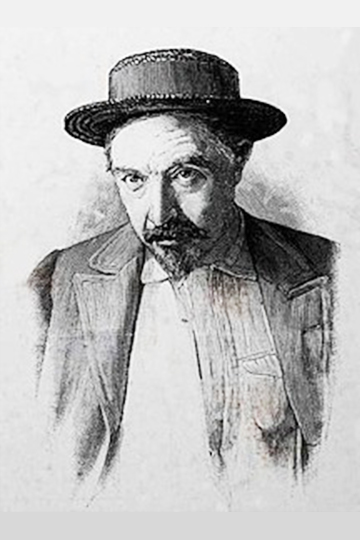
Rosny Aîné
J.-H. Rosny aîné was the pseudonym of Joseph Henri Honoré Boex (17 February 1856 – 11 February 1940), a French author of Belgian origin who is considered one of the founding figures of modern science fiction. Born in Brussels in 1856, he wrote in the French language, together with his younger brother Séraphin Justin François Boex under the pen name J.-H. Rosny until 1909. After they ended their collaboration Joseph Boex continued to write under the name "Rosny aîné" (Rosny the Elder) while his brother used J.-H. Rosny jeune (Rosny the Younger).
-
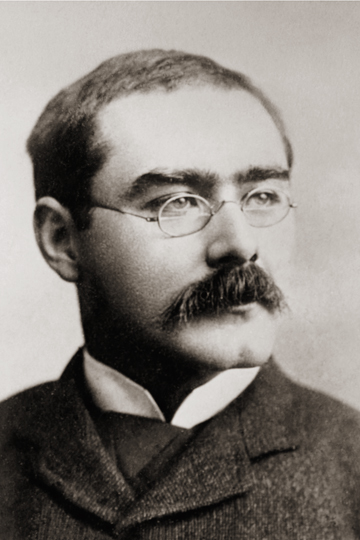
Rudyard Kipling
Joseph Rudyard Kipling ( 30 December 1865 – 18 January 1936) was an English journalist, short-story writer, poet, and novelist. He was born in India, which inspired much of his work.Kipling's works of fiction include The Jungle Book (1894), Kim (1901), and many short stories, including "The Man Who Would Be King" (1888). His poems include "Mandalay" (1890), "Gunga Din" (1890), "The Gods of the Copybook Headings" (1919), "The White Man's Burden" (1899), and "If—" (1910). He is seen as an innovator in the art of the short story. His children's books are classics, one critic noted "a versatile and luminous narrative gift." Kipling in the late 19th and early 20th centuries was among the United Kingdom's most popular writers. Henry James said "Kipling strikes me personally as the most complete man of genius, as distinct from fine intelligence, that I have ever known." In 1907, he was awarded the Nobel Prize in Literature, as the first English-language writer to receive the prize, and at 41, its youngest recipient to date. He was also sounded out for the British Poet Laureateship and several times for a knighthood, but declined both. Following his death in 1936, his ashes were interred at Poets' Corner, part of the South Transept of Westminster Abbey.Kipling's subsequent reputation has changed with the political and social climate of the age. The contrasting views of him continued for much of the 20th century. Literary critic Douglas Kerr wrote: "[Kipling] is still an author who can inspire passionate disagreement and his place in literary and cultural history is far from settled. But as the age of the European empires recedes, he is recognised as an incomparable, if controversial, interpreter of how empire was experienced. That, and an increasing recognition of his extraordinary narrative gifts, make him a force to be reckoned with."
-
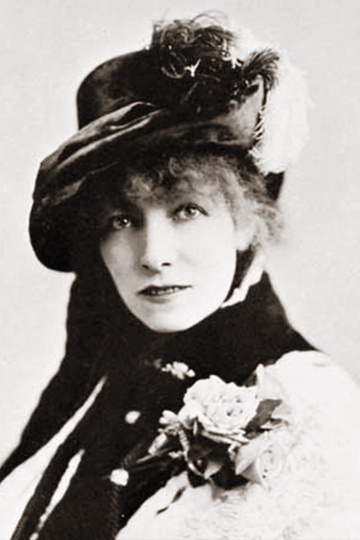
Sarah Bernhardt
Sarah Bernhardt ( born Henriette-Rosine Bernard, 22 or 23 October 1844 – 26 March 1923) was a French stage actress who starred in some of the most popular French plays of the late 19th and early 20th centuries, including La Dame Aux Camelias by Alexandre Dumas, fils, Ruy Blas by Victor Hugo, Fédora and La Tosca by Victorien Sardou, and L'Aiglon by Edmond Rostand. She also played male roles, including Shakespeare's Hamlet. Rostand called her "the queen of the pose and the princess of the gesture", while Hugo praised her "golden voice". She made several theatrical tours around the world, and was one of the first prominent actresses to make sound recordings and to act in motion pictures.
-
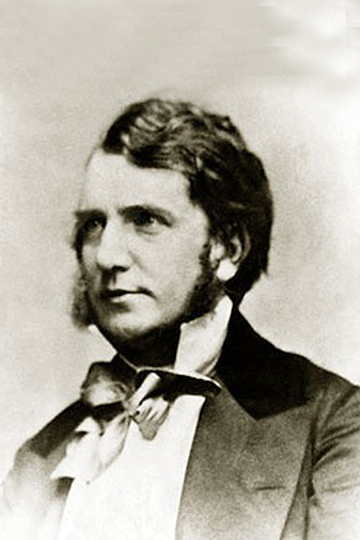
Sheridan Le Fanu
Joseph Thomas Sheridan Le Fanu ( 28 August 1814 – 7 February 1873) was an Irish writer of Gothic tales, mystery novels, and horror fiction. He was a leading ghost story writer of his time, central to the development of the genre in the Victorian era. M. R. James described Le Fanu as "absolutely in the first rank as a writer of ghost stories". Three of his best-known works are the locked-room mystery Uncle Silas, the lesbian vampire novella Carmilla, and the historical novel The House by the Churchyard.
-
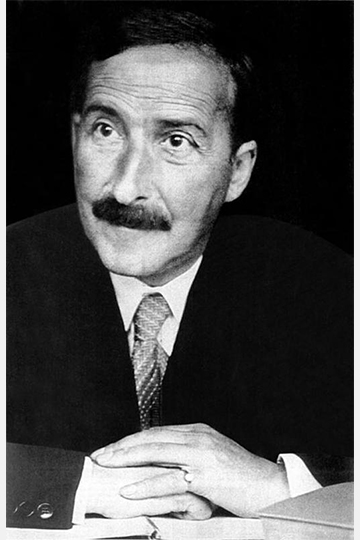
Stefan Zweig
Stefan Zweig 28 November 1881 – 22 February 1942) was an Austrian novelist, playwright, journalist and biographer. At the height of his literary career, in the 1920s and 1930s, he was one of the most widely translated and most popular writers in the world. Zweig was raised in Vienna, Austria-Hungary. He wrote historical studies of famous literary figures, such as Honoré de Balzac, Charles Dickens, and Fyodor Dostoevsky in Drei Meister (1920, Three Masters), and decisive historical events in Sternstunden der Menschheit (1928, published in English in 1940 as The Tide of Fortune: Twelve Historical Miniatures). He wrote biographies of Joseph Fouché (1929), Mary Stuart (1935) and Marie Antoinette (Marie Antoinette: The Portrait of an Average Woman, 1932), among others. Zweig's best-known fiction includes Letter from an Unknown Woman (1922), Amok (1922), Fear (1925), Confusion of Feelings (1927), Twenty-Four Hours in the Life of a Woman (1927), the psychological novel Ungeduld des Herzens (Beware of Pity, 1939), and The Royal Game (1941).In 1934, as a result of the Nazi Party's rise in Germany, Zweig emigrated to England and then, in 1940, moved briefly to New York and then to Brazil, where he settled. In his final years, he would declare himself in love with the country, writing about it in the book Brazil.
-
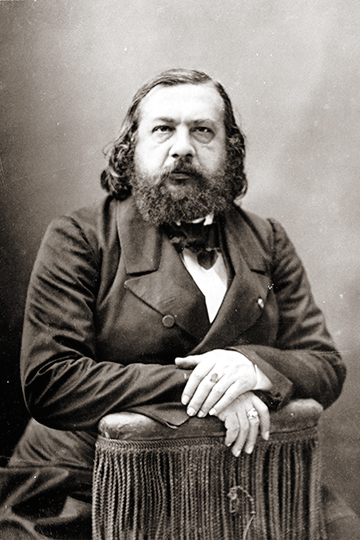
Théophile Gautier
Pierre Jules Théophile Gautier 30 August 1811 – 23 October 1872) was a French poet, dramatist, novelist, journalist, and art and literary critic.While an ardent defender of Romanticism, Gautier's work is difficult to classify and remains a point of reference for many subsequent literary traditions such as Parnassianism, Symbolism, Decadence and Modernism. He was widely esteemed by writers as disparate as Balzac, Baudelaire, the Goncourt brothers, Flaubert, Pound, Eliot, James, Proust and Wilde.
-
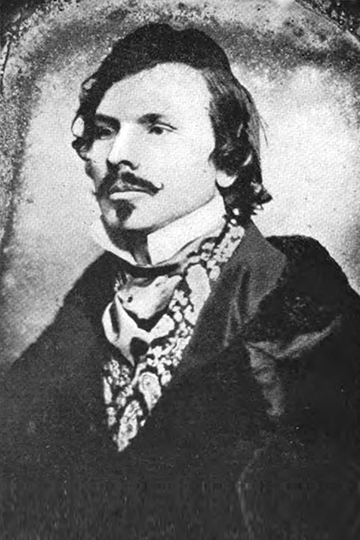
Thomas Mayne Reid
Thomas Mayne Reid (April 4, 1818 – October 22, 1883) was a Scots-Irish American novelist. Thomas Mayne Reid fought in the American-Mexican War (1846-1848). His many works are about American life. In these works, the author described the colonial policy in the United States, the horrors of slave labor, and the lives of American Indians. "Captain" Reid wrote many adventure novels akin to those written by Frederick Marryat and Robert Louis Stevenson. He was a great admirer of Lord Byron. These novels contain action that takes place primarily in places including, but not limited to: the American West, Mexico, South Africa, the Himalayas, and Jamaica.
-
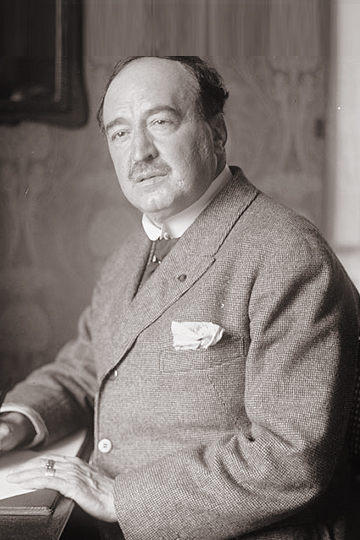
Vicente Blasco Ibanez
He was born in Valencia. At university, he studied law and graduated in 1888 but never went into practice. He was more interested in politics, journalism and literature. He was a particular fan of Miguel de Cervantes.In politics he was a militant Republican partisan in his youth and founded the newspaper El Pueblo (translated as The People) in his hometown. The newspaper aroused so much controversy that it was taken to court many times. In 1896, he was arrested and sentenced to a few months in prison. He made many enemies and was shot and almost killed in one dispute. The bullet was caught in the clasp of his belt. He had several stormy love affairs.He volunteered as the proofreader for the novel Noli Me Tangere, in which the Filipino patriot José Rizal expressed his contempt of the Spanish colonization of the Philippines. He traveled to Argentina in 1909 where two new cities, Nueva Valencia and Cervantes, were created. He gave conferences on historical events and Spanish literature. Tired and disgusted with government failures and inaction, Vicente Blasco Ibáñez moved to Paris at the beginning of World War I. When living in Paris, Ibáñez had been introduced to the poet and writer Robert W. Service by their mutual publisher Fisher Unwin, who asked Robert W. Service to act as an interpreter in the deal of a contract concerning Ibáñez.He was a supporter of the Allies in World War I.He died in Menton, France in 1928, the day before his 61st birthday, in the residence of Fontana Rosa (also named the House of Writers, dedicated to Miguel de Cervantes, Charles Dickens and Honoré de Balzac) that he built.
-
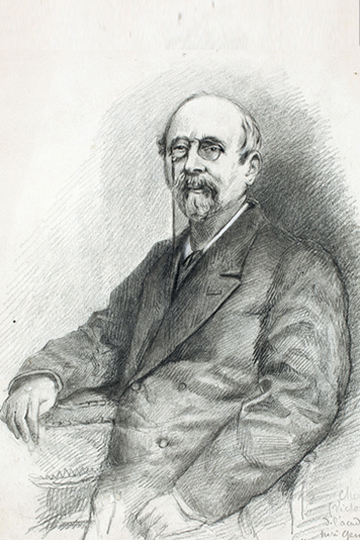
Victor Cherbuliez
Charles Victor Cherbuliez (German: [ʃɛʁbylje], 19 July 1829 – 1 or 2 July 1899) was a Swiss, and then (1879) French novelist and author. He was born at Geneva, Switzerland and died at Combs-la-Ville. He was the eleventh member elected to occupy seat 3 of the Académie française in 1881. Most of these novels first appeared in the Revue des deux mondes, to which Cherbuliez also contributed a number of political and learned articles, usually printed with the pseudonym G Valbert. Many of these have been published in collected form under the titles L'Allemagne politique (1870). The earlier novels of Cherbuliez have been said to show marked traces of the influence of George Sand, his method was that of an older school. He did not possess the sombre power or the intensely analytical skill of some of his later contemporaries, but his books are distinguished by a freshness and honesty, fortified by cosmopolitan knowledge and lightened by unobtrusive humour, which fully account for their wide popularity in many countries besides his own. His talents did not tend towards the dramatic, and attempts to present two of his stories on the stage did not succeed. His essays have all the merits due to liberal observation and thoroughness of treatment, their style, like that of the novels, is admirably lucid and correct.